We've been predicting the rush of augmented reality wearable makers from China for a couple of years, and now it looks like it's in full swing, with one of the most promising entrants coming from startup Pacific Future.
The China-based company was on the CES show floor this week showing off its new Am Glass wearable.
Immediately, what AR insiders will notice is how remarkably similar the device looks to the Nreal Light. And like the Nreal Light, the Am Glass device features two cameras mounted in each lens, which contributes to bulk behind the front of the lenses, which, during my testing of the Nreal Light, gave the device a slightly awkward look rather than appearing as completely normal glasses frames.
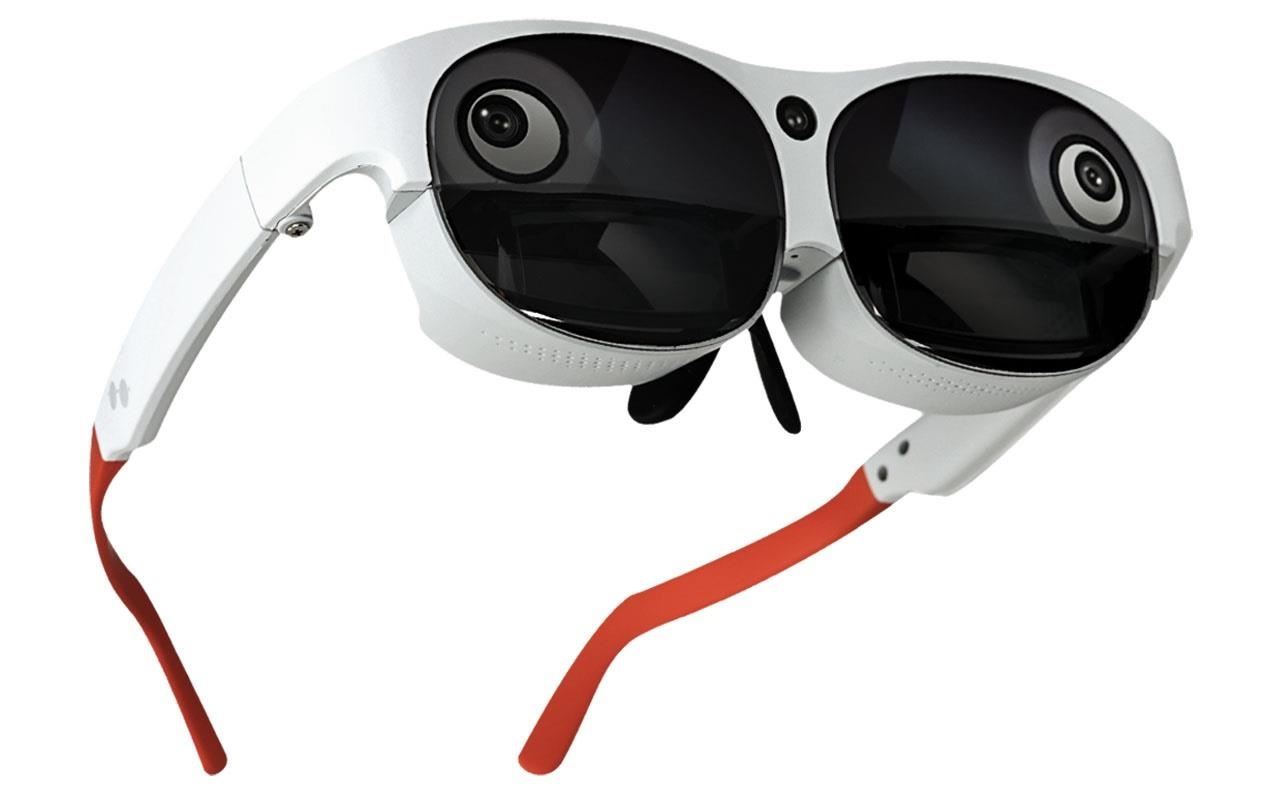

However, in addition to those two cameras, the Am Glass device also has an additional RGB camera mounted in the middle of the frame.
This enhanced camera array could mean better accuracy compared to the aforementioned competitor when it comes to spatial mapping and overall tracking. Also like the Nreal Light, the Am Glass wearable boasts a 52 degree field of view and operates using a tether that connects to a small mobile computing unit.


In terms of specifications, the system uses the Qualcomm Snapdragon 835 chip, operates using Android 7.1 (Nougat), offers 4GB of RAM, and has a removable (huge plus!) 4700mAh battery.
Additionally, the device provides 1080p resolution, GPS, a gyroscope and magnetometer, wireless connectivity via Wi-Fi and Bluetooth, as well as a wired connection through USB 3.1.

All these hardware and software features combine to give the Am Glass the ability to provide the wearer SLAM (simultaneous localization & mapping) and 6DoF, along with gesture recognition, voice recognition (via built-in stereo mic), object recognition, and image recognition.
On the software development front, the device is geared toward users of Unity, Vuforia, and the company's own AMREAL SDK.



The device also comes with a wide range of nose bridge attachments to achieve the proper fit, and offers removable lenses for prescription lens users. Another area in which the Am Glass competes with the Nreal Light is in its light weight, at just 88 grams. But the Am Glass firmly beats the Nreal Light when it comes to price, selling for just $1,099 for its developer edition compared to $1,199 for the Nreal Light. So far, there's no word on a cheaper, consumer version from Pacific Future to compete with Nreal's consumer version, which allows the user to tether to an Android smartphone instead of a hip-mounted computer.
Although we haven't had a chance to test out the Am Glass just yet, the demo footage appears to match much of what we've seen when using the Nreal Light. That said, one Am Glass video, which shows it being used outside in bright daylight, indicates that the footage may have been enhanced compared to what the imagery really looks like when using the device. It's also notable that most of the demonstration footage (above) frames the device as an entertainment device rather than as an enterprise business tool.




Aside from the technical features, the other difference here is the founding team. While the company is based in Hong Kong, the three-person founding team is made up of an international team from Australia, France, and Malaysia, with Kien Lee leading the team as CEO, Ian Thew serving as CTO, and Olivier Fillon operating as the Head of Tech. Despite the team's international profile, the corporate DNA of the Am Glass is still heavily influenced by China, as its management consulting team is currently made up of all China-based market experts and investors.
Currently, the company has a relatively low profile compared to its competitors, but Pacific Future nevertheless appears poised to offer a robust challenge to fellow China-based AR companies, as well as AR startups in the West.
Just updated your iPhone? You'll find new emoji, enhanced security, podcast transcripts, Apple Cash virtual numbers, and other useful features. There are even new additions hidden within Safari. Find out what's new and changed on your iPhone with the iOS 17.4 update.
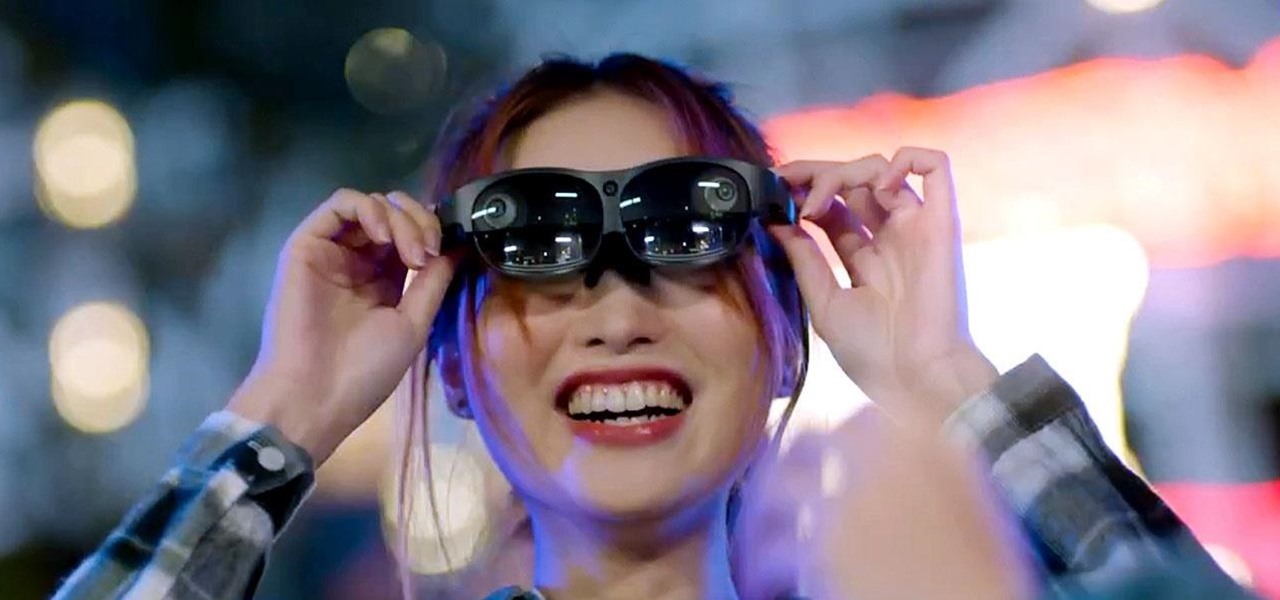


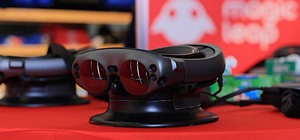
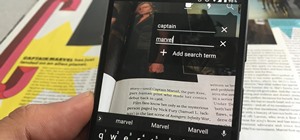
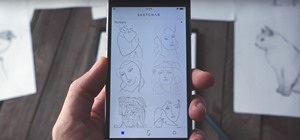
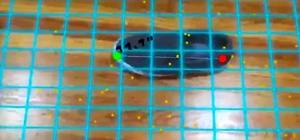
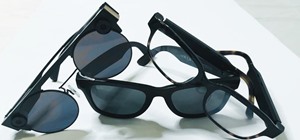

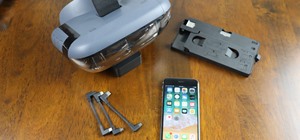
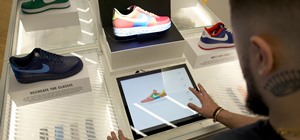
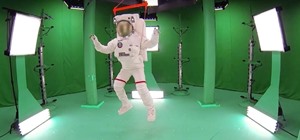
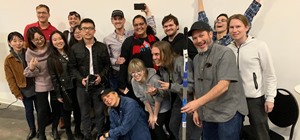
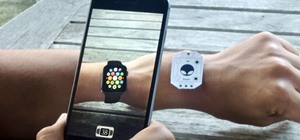

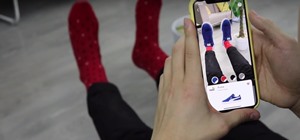
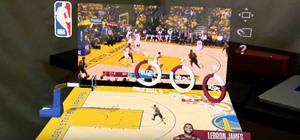
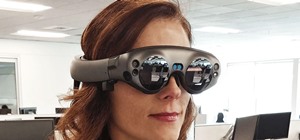


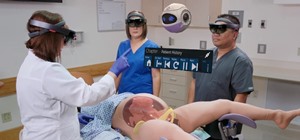



Be the First to Comment
Share Your Thoughts